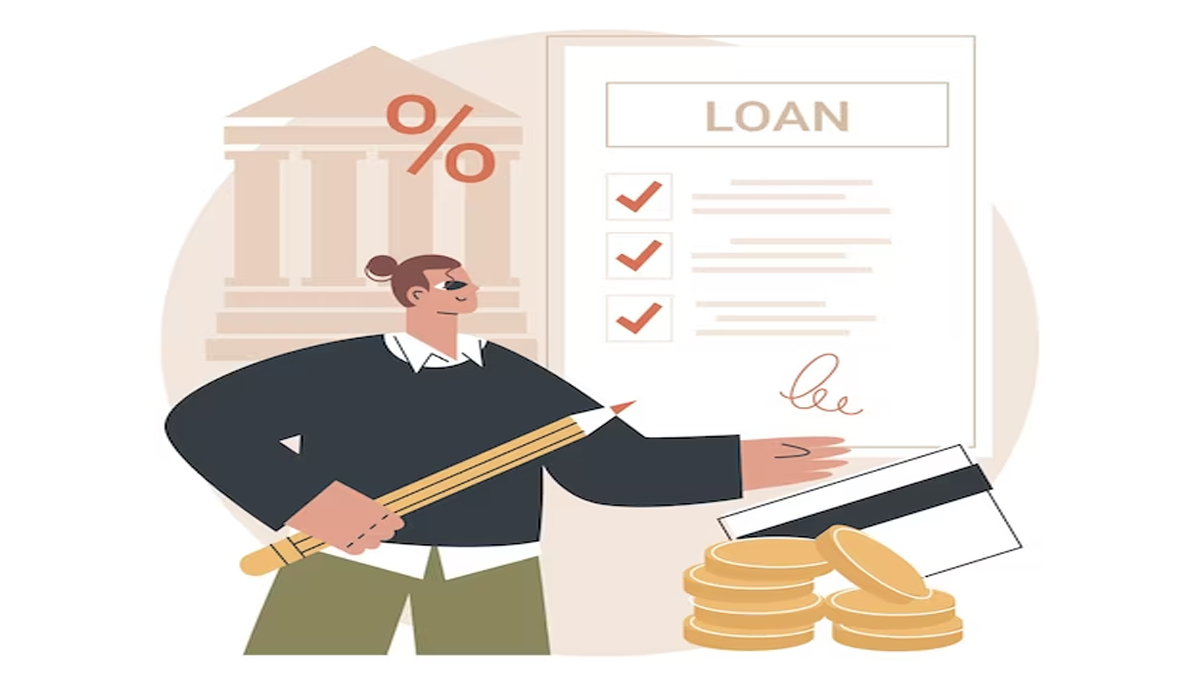The guarantor essentially acts as a backup or secondary payer in case the borrower defaults on the loan.
Here’s a deeper explanation of how this works:
- Guarantor’s Legal Obligations:
When a person agrees to be a loan guarantor, they enter into a legally binding agreement with the lender. This agreement outlines the guarantor’s obligations and responsibilities, including the commitment to make payments if the borrower is unable to do so. By signing the guarantee, the guarantor is acknowledging their willingness to step in and fulfill the loan obligations if the borrower defaults. - Primary Borrower Default:
If the primary borrower misses payments, makes late payments, or defaults on the loan altogether, the lender will typically reach out to the guarantor to fulfill the outstanding payments. The lender has the legal right to hold the guarantor accountable for the debt in accordance with the terms of the guarantee agreement. - Impact on Credit Score:
Late payments or defaults, whether by the borrower or the guarantor, can negatively impact both parties’ credit scores. The guarantor’s creditworthiness may suffer if they are required to step in and make payments on behalf of the borrower. Similarly, the primary borrower’s credit score will be negatively affected by any missed or late payments, and this can also indirectly affect the guarantor’s credit score. - Legal Action:
If the guarantor fails to fulfill their obligation to make payments on the loan, the lender has the right to take legal action against the guarantor to recover the outstanding debt. This could involve suing the guarantor to obtain a judgment, which could lead to wage garnishment, seizure of assets, or other legal remedies to recover the owed amount. - Communication with Guarantor:
Lenders often communicate with the guarantor in case of payment issues before taking legal action. They may send notices, reminders, or demand letters to the guarantor to prompt them to make payments on the borrower’s behalf. - Release of Guarantor:
Some loan agreements include provisions that allow for the release of the guarantor once certain conditions are met. These conditions might include the borrower making a certain number of on-time payments or reaching a specific point in the loan term. Once the guarantor is released, their responsibility for the loan ends.
In summary, a loan guarantor can indeed be held responsible for late payments on the loan as per the terms of the guarantee agreement. It’s crucial for individuals considering becoming a guarantor to fully understand their obligations and the potential financial and legal consequences before agreeing to take on this role. It’s also advisable for borrowers to communicate openly with their guarantors about their loan status to prevent any misunderstandings or negative outcomes.
